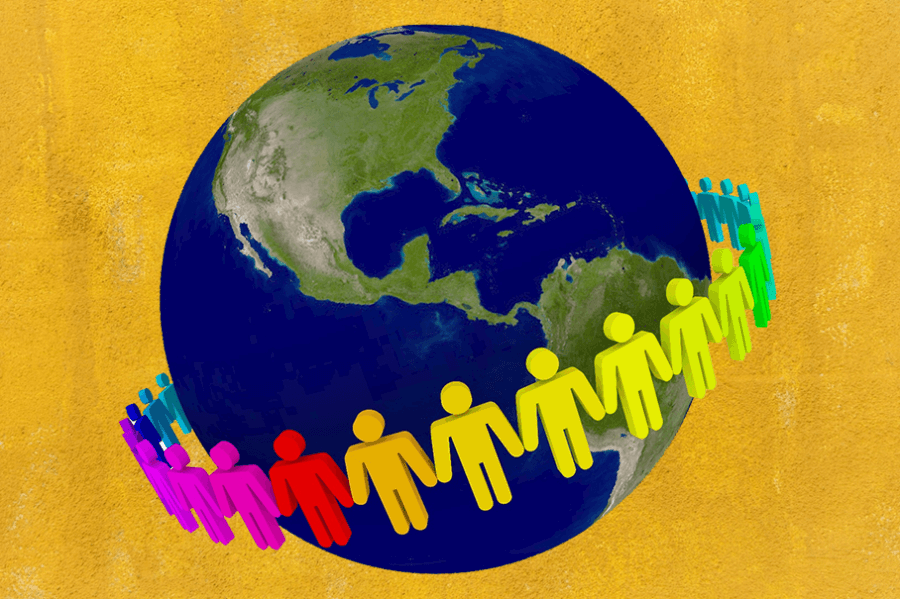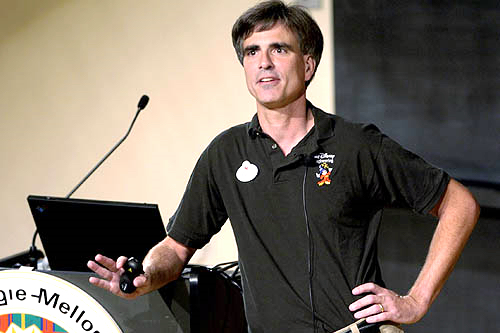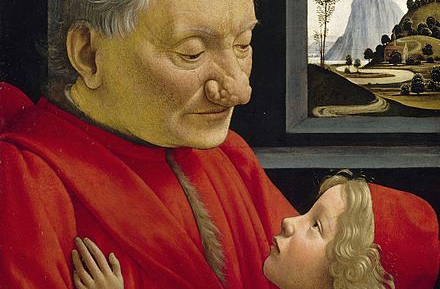A Sequel to Picking a Mentor Article
In my previous essay, I wrote about the importance of picking mentors. After posting it to my website and Facebook, I wanted to follow up on that essay with a suggestion to my readers. Part of the reason was to pay tribute to this person. However, it also sensitized Americans to racism, xenophobia, and white supremacy in general. Some Americans dislike people of different religions, nationalities, or races.
Allow me to provide the backstory of my suggestion. On October 1, 1939, Hitler annexed the Sudetenland, a part of Czechoslovakia. Hitler claimed he wanted to protect the ethnic Germans living in the Sudetenland.

The Nazis entered the Sudetenland.
Enter Nicholas Winton. Winton was English and lived in London. He was an energic 29-year-old stockbroker with wealth and an excellent education. Winton was also Jewish and kept abreast of Hitler’s annexation of the Sudetenland area of Czechoslovakia. He knew that war was imminent. Jews living in Sudetenland were especially fearful. Since they couldn’t cross and enter Germany, many fled to Prague to buy time to find a means to save their children from the Nazis.
Therefore, Winton flew to Prague to see if he could help the children. The only means available to rescue the children were to have the British citizens adopt the children. That meant Winton had to get the names and photos of the refugees in Prague to the British government and set up the adoptions. This is a photo of Winton holding one of the children in Prague.

Winton and one of the children
In the spring and summer of 1939, seven trains carrying 669 refugee children with their adoption papers left Prague. Winton used his own money to bid German officers and train personnel to assist him. He also forged documents. The train entered Germany and then finally got to Holland. From Holland, the children were transported to London. Sadly, there was an eight train with 250 children, which wasn’t able to leave Prague.
However, almost no one knew of Winton’s work rescuing 669 children from Prague in 1939. It took a half-century before the BBC discovered the story of Winton and the seven trains rescuing the children. The BBC invited Winton to a program and asked the audience whether anyone owes their lives to him.
The children Winton saved from certain death by the Nazis grew up, and their children had children. There are over 6,000 who owe their lives to him.
These two sculptures of Winton are located at the Maidenhead railroad station, where one of his homes for the elderly is located.


The two Wintons seated next to each other
Apparently, some people have Nicholas Winton as their mentor.


















